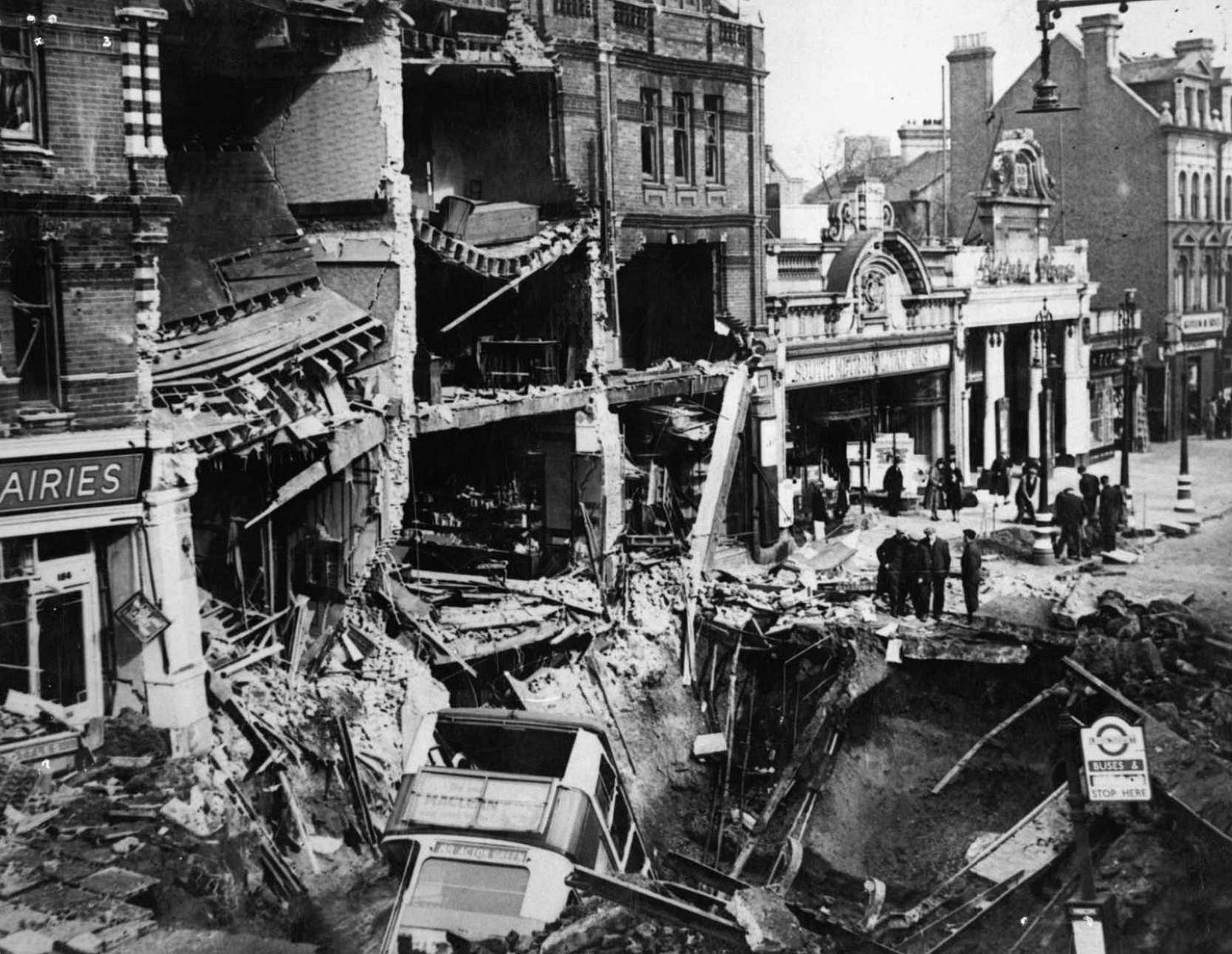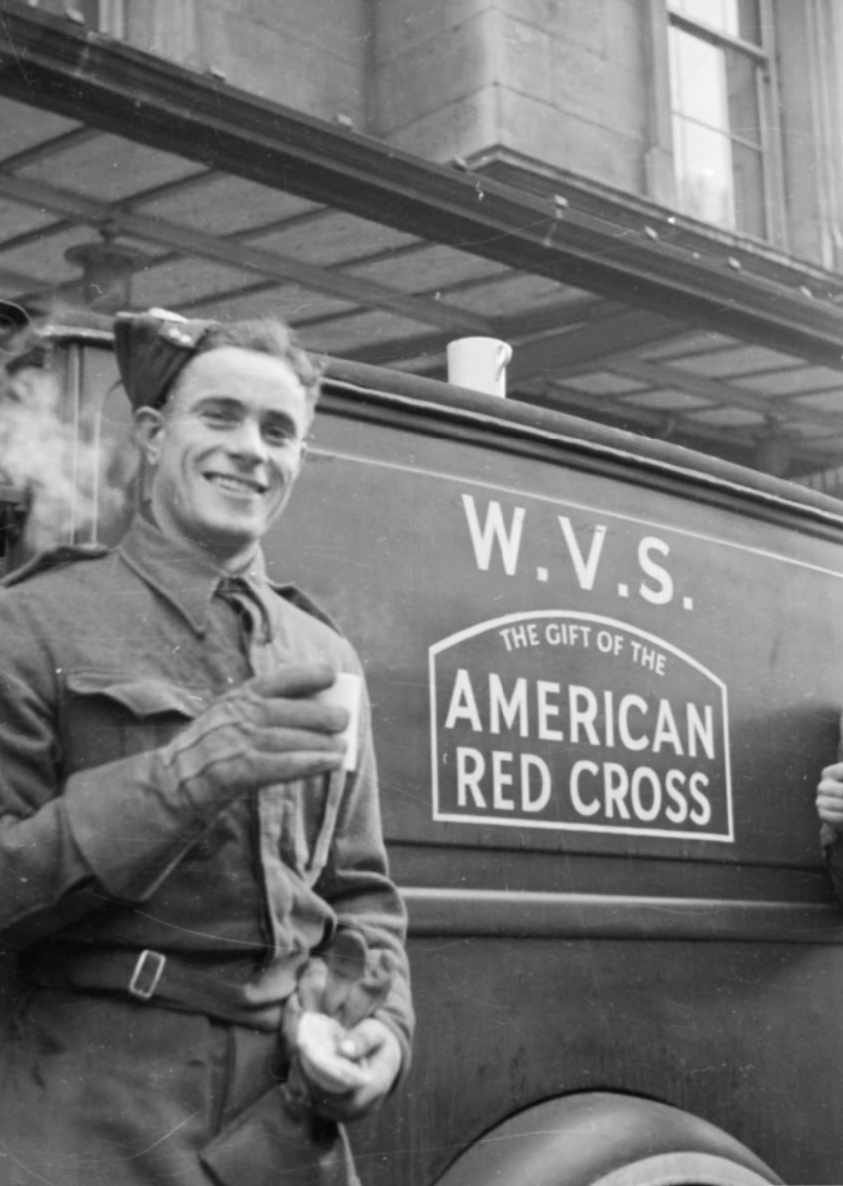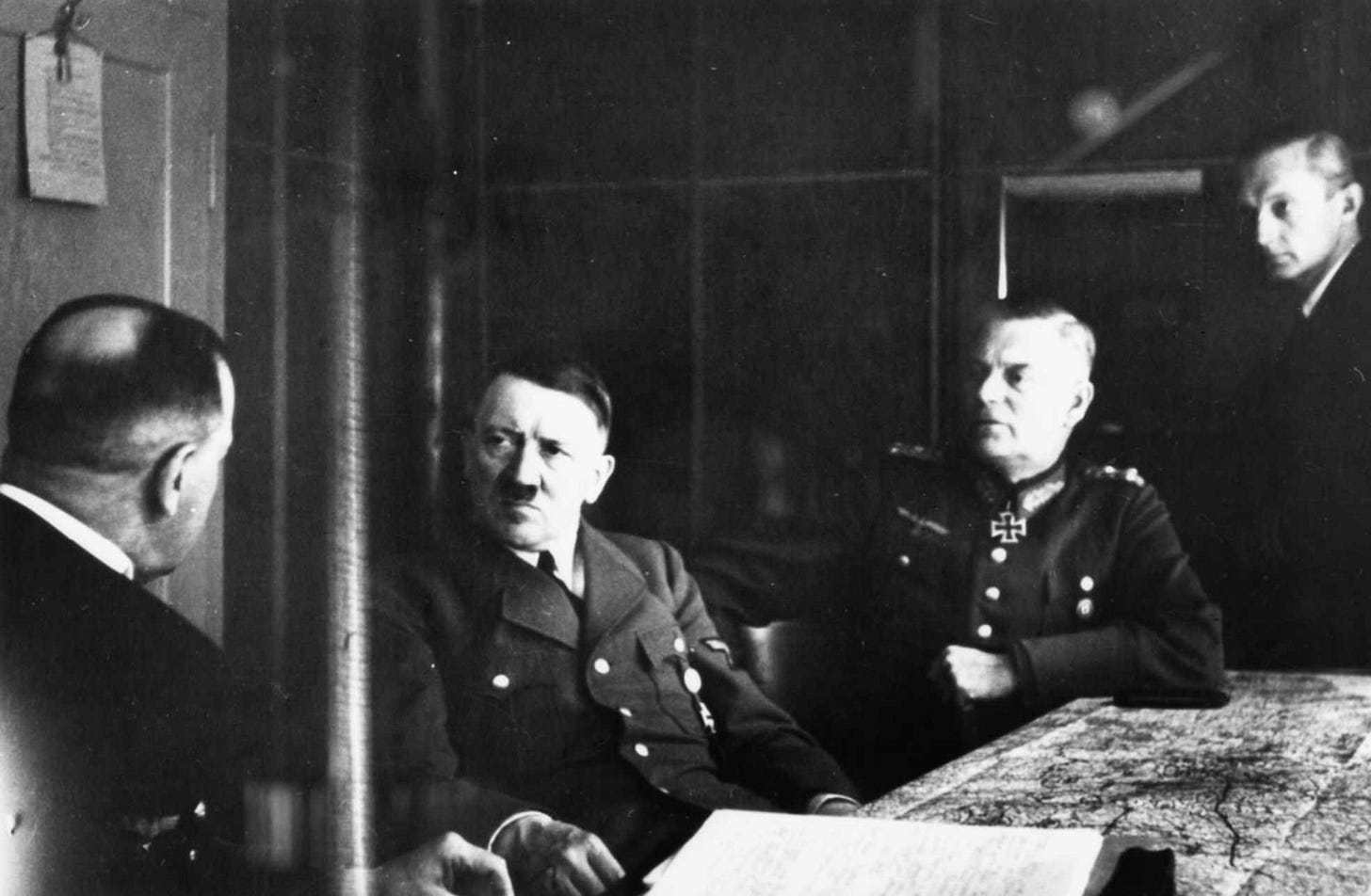'You do your worst – and we will do our best.'
14 July 1941: Churchill warns that current lull in Blitz may only be temporary


In an address that became known as the ' You do your worst ... and we will do our best' speech1 Winston Churchill paid tribute all who had served in the defence of Britain during the blitz:
Water was cut off, railways were cut or broken, large districts were destroyed, thousands were killed, and many more thousands were wounded. But there was one thing about which there was never any doubt.
The courage, the unconquerable grit and stamina of our people, showed itself from the very outset. Without that all would have failed. Upon that rock, all stood unshakable.
All the public services were carried on, and all the intricate arrangements, far-reaching details, involving the daily lives of so many millions, were carried out, improvised, elaborated, and perfected in the very teeth of the cruel and devastating storm.

We have to ask ourselves this question: Will the bombing attacks come back again? We have proceeded on the assumption that they will. Many new arrangements are being contrived as a result of the hard experience through which we have passed and the many mistakes which no doubt we have made – for success is the result of making many mistakes and learning from experience. If the lull is to end, if the storm is to renew itself, we will be ready, will will not flinch, we can take it again.
“You have committed every crime under the sun. Where you have been the least resisted there you have been the most brutal. It was you who began the indiscriminate bombing. We will have no truce or parley with you, or the grisly gang who work your wicked will. You do your worst – and we will do our best.”
We ask no favours of the enemy. We seek from them no compunction. On the contrary, if tonight our people were asked to cast their vote whether a convention should be entered into to stop the bombing of cities, the overwhelming majority would cry, “No, we will mete out to them the measure, and more than the measure, that they have meted out to us.” The people with one voice would say: “You have committed every crime under the sun. Where you have been the least resisted there you have been the most brutal. It was you who began the indiscriminate bombing. We will have no truce or parley with you, or the grisly gang who work your wicked will. You do your worst – and we will do our best.” Perhaps it may be our turn soon; perhaps it may be our turn now.

He went on to warn that the bombing raids on Britain were far from over. As the RAF bombing offensive gathered pace they could expect retaliatory measures:
It is time that the enemy should be made to suffer in their own homelands something of the torment they have let loose upon their neighbours and upon the world. We believe it to be in our power to keep this process going, on a steadily rising tide, month after month, year after year, until they are either extirpated by us or, better still, torn to pieces by their own people.
...
We do not expect to hit without being hit back, and we intend with every week that passes to hit harder. Prepare yourselves, then, my friends and comrades, for this renewal of your exertions. We shall never turn from our purpose, however sombre the road, however grievous the cost, because we know that out of this time of trial and tribulation will be born a new freedom and glory for all mankind.

On the very same day Hitler was issuing his Directive No. 32b2. He had a growing confidence that Russia would soon be defeated. He planned to soon reduce the size of the Army (but adding to the number of armoured divisions) while increasing the resources for the Luftwaffe, so that he could continue the war against England.
Our military mastery of the European continent after the overthrow of Russia will make it possible considerably to reduce the strength of the Army. Within the limits of this reduced Army, the relative strength of the armoured forces will be greatly increased.
The manning and equipment of the Navy will be limited to what is essential for the direct prosecution of the war against England and, should the occasion arise, against America.
The main effort of equipment will be devoted to the Airforce, which will be greatly strengthened.
Get World War II Today - Everyday
Subscribe to get the daily newsletter - currently 20% off
https://winstonchurchill.org/resources/speeches/1941-1945-war-leader/you-do-your-worst-and-we-will-do-our-best/
https://en.wikisource.org/wiki/Führer_Directive_32

